
AeroGenie — Seu copiloto inteligente.
Tendências
Categories
IATA Warns Airlines Will Face $11 Billion Supply Chain Impact in 2025
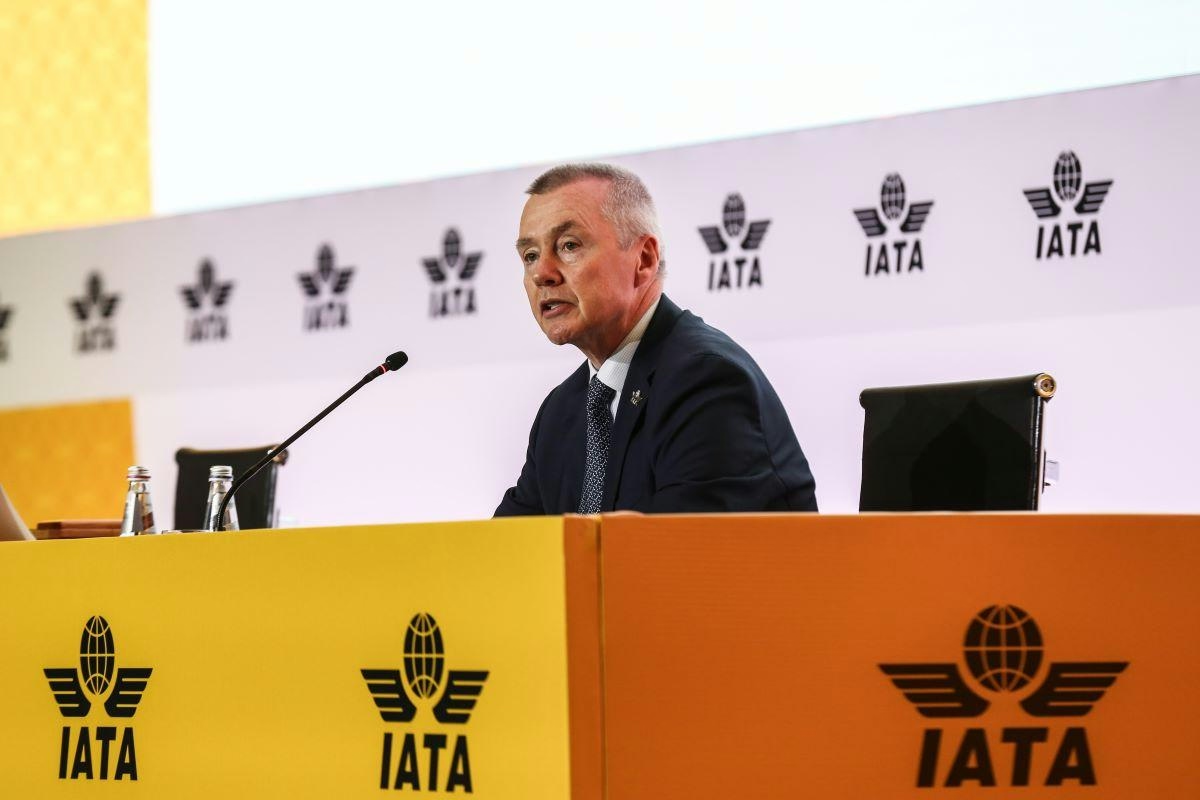
IATA Projects $11 Billion Supply Chain Impact on Airlines in 2025
The International Air Transport Association (IATA), in collaboration with consulting firm Oliver Wyman, has released a report forecasting that global airlines will incur over $11 billion in additional costs in 2025 due to ongoing supply chain disruptions. This study marks the first comprehensive attempt to quantify the financial consequences of a prolonged five-year crisis that has already contributed to rising airfares, increased flight cancellations, and intensified scrutiny of competition within the $250 billion aerospace industry.
IATA Director General Willie Walsh expressed surprise at the magnitude of the projected impact, emphasizing the need to reassess concerns regarding anti-competitive practices among suppliers. “Even if you halve the number, it’s still a massive drag on the industry,” Walsh remarked in an interview with Reuters, underscoring the severity of the challenge.
Drivers of Increased Costs
The report delineates several primary factors contributing to the anticipated $11 billion burden. Airlines are expected to face an additional $4.2 billion in fuel expenses, largely because delivery delays have compelled them to operate older, less fuel-efficient aircraft. Maintenance costs are projected to rise by $3.1 billion, while leasing engines to compensate for those delayed in maintenance backlogs will add another $2.6 billion. Furthermore, airlines will need to invest approximately $1.4 billion in holding increased inventories of spare parts to mitigate ongoing delays.
These financial pressures are exacerbated by persistent shortages of labor, materials, and components, alongside growing delays at repair facilities, particularly for engines. The situation is further complicated by heightened competition for manufacturing capacity from the defense sector, as governments worldwide escalate military spending. Walsh cautioned that this competition for limited supply is expected to continue throughout the decade, prolonging the strain on the aviation supply chain.
Calls for Enhanced Competition and Policy Intervention
Walsh also raised concerns about the pricing power wielded by suppliers in the aftermarket parts sector, which has experienced significant consolidation. IATA has long advocated for improved access to independent parts and greater transparency in maintenance markets. While the association currently has no plans to initiate new legal proceedings, Walsh did not dismiss the possibility of future action, citing the complexity and confidentiality of supplier agreements.
The report further highlights a growing disparity in profitability between airlines and their suppliers. While airline operating margins are forecasted at 6.7% for the current year, some engine manufacturers and suppliers are achieving margins in the mid-20% range. Walsh questioned this imbalance, stating, “How is it that they can make such massive margins from an industry that makes margins that are wafer-thin? It just doesn’t add up.”
Broader Industry Context and Future Outlook
The supply chain crisis unfolds amid additional challenges for airlines, including rising operational costs and intensifying competition from legacy carriers. Walsh contested recent assertions by United Airlines CEO Scott Kirby that the low-cost carrier model is “dead,” arguing that it remains robust globally despite difficulties in the U.S. market.
IATA is also urging governments to ensure equitable access to feedstocks and to implement incentives for sustainable aviation fuel (SAF). The association warns that fragmented policy approaches risk increasing costs and impeding the industry’s efforts to decarbonize.
Despite the ongoing turbulence, some supply chain experts anticipate a gradual stabilization, even as elevated costs persist amid global uncertainties. The difficulties faced by the aviation sector mirror broader supply chain challenges, such as the expanding uranium supply gap confronting U.S. nuclear plants, highlighting the interconnected nature of these issues across industries worldwide.
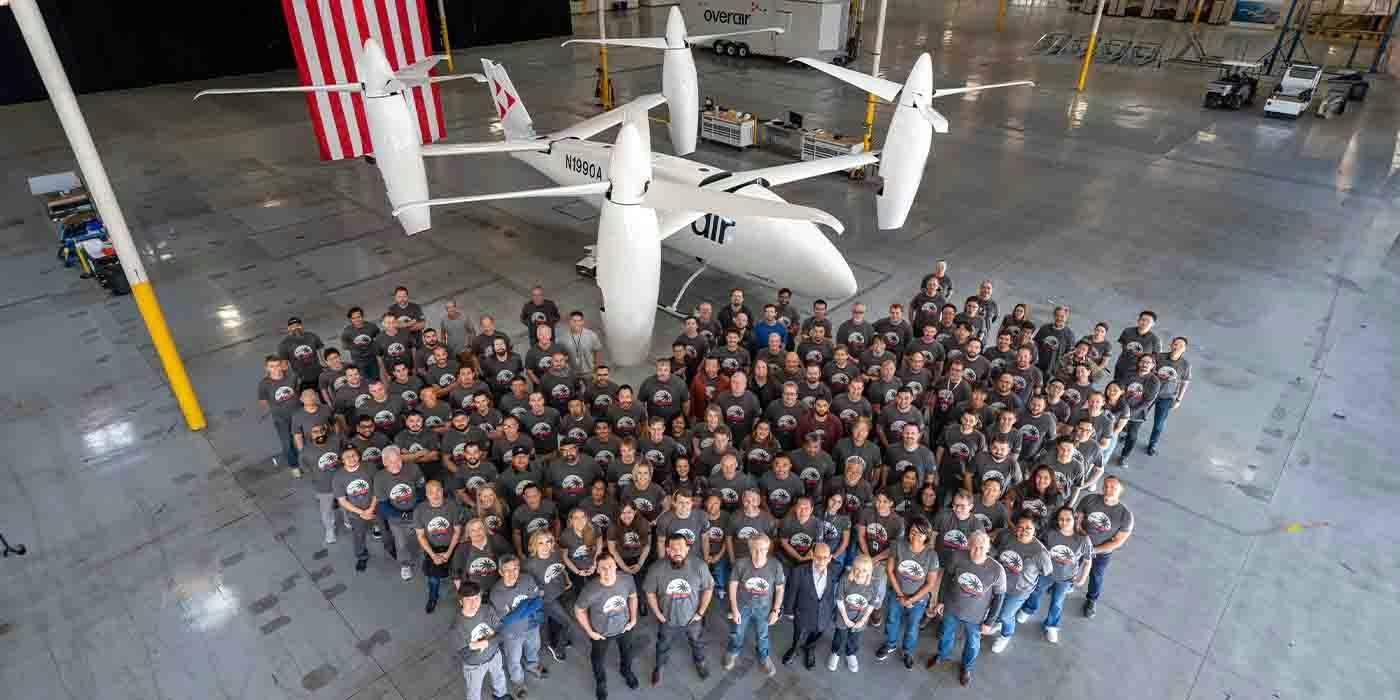
Unique mixed-propulsion eVTOL completes transition flight testing
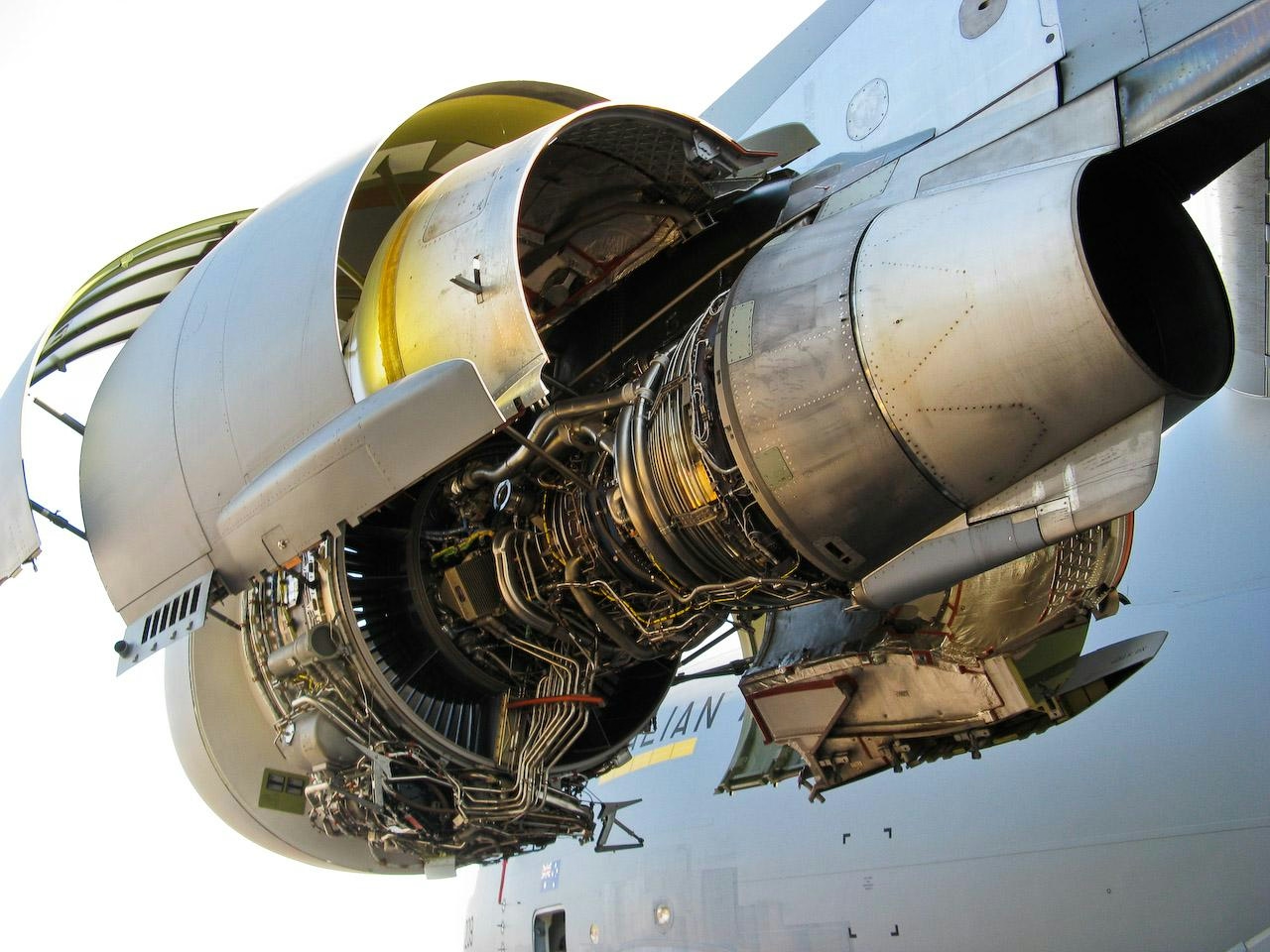
Are C-17 Globemaster Engines Derived from Boeing 757?
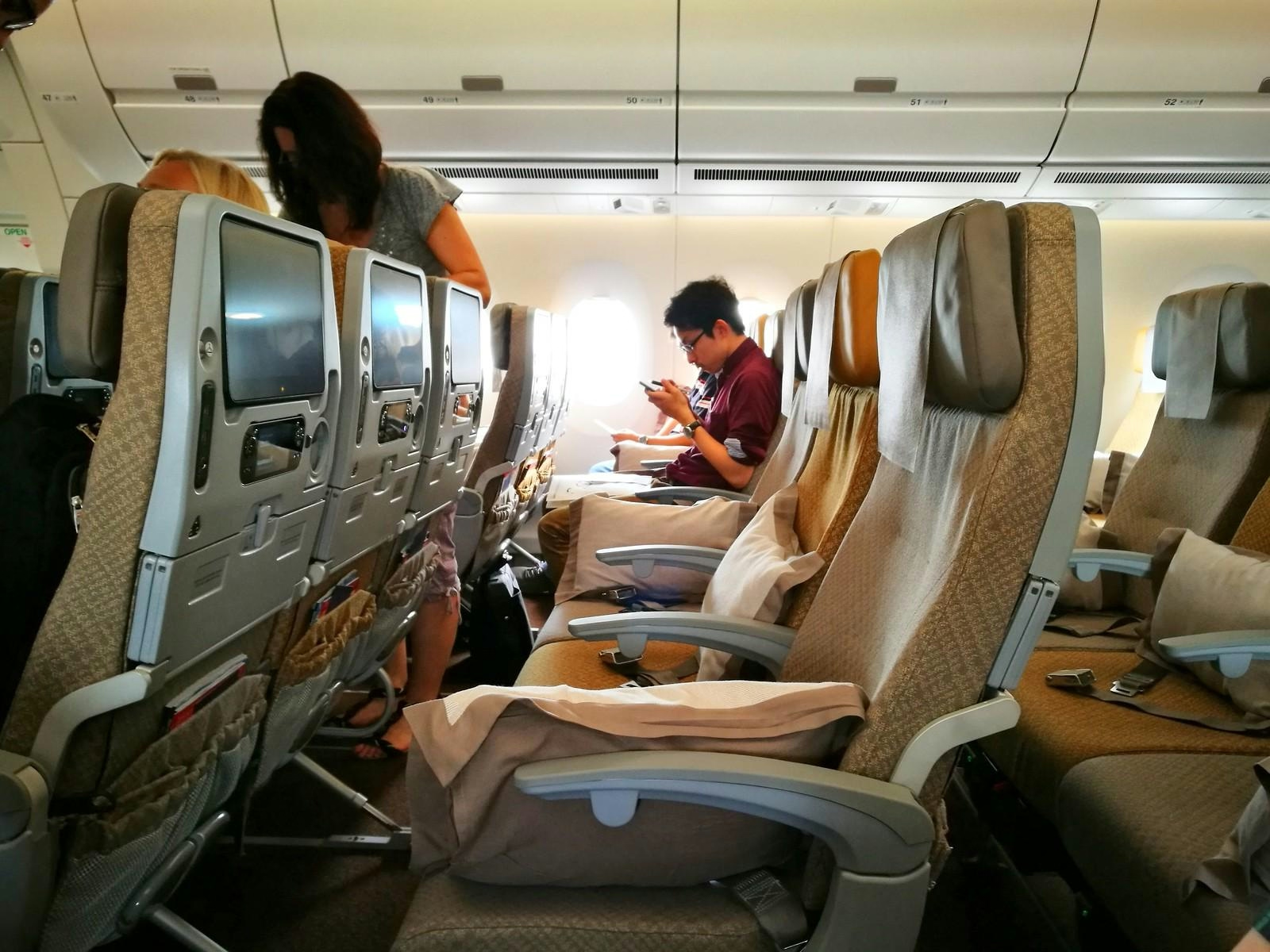
Why the Airbus A350’s Cabin Is Quieter Than Other Aircraft
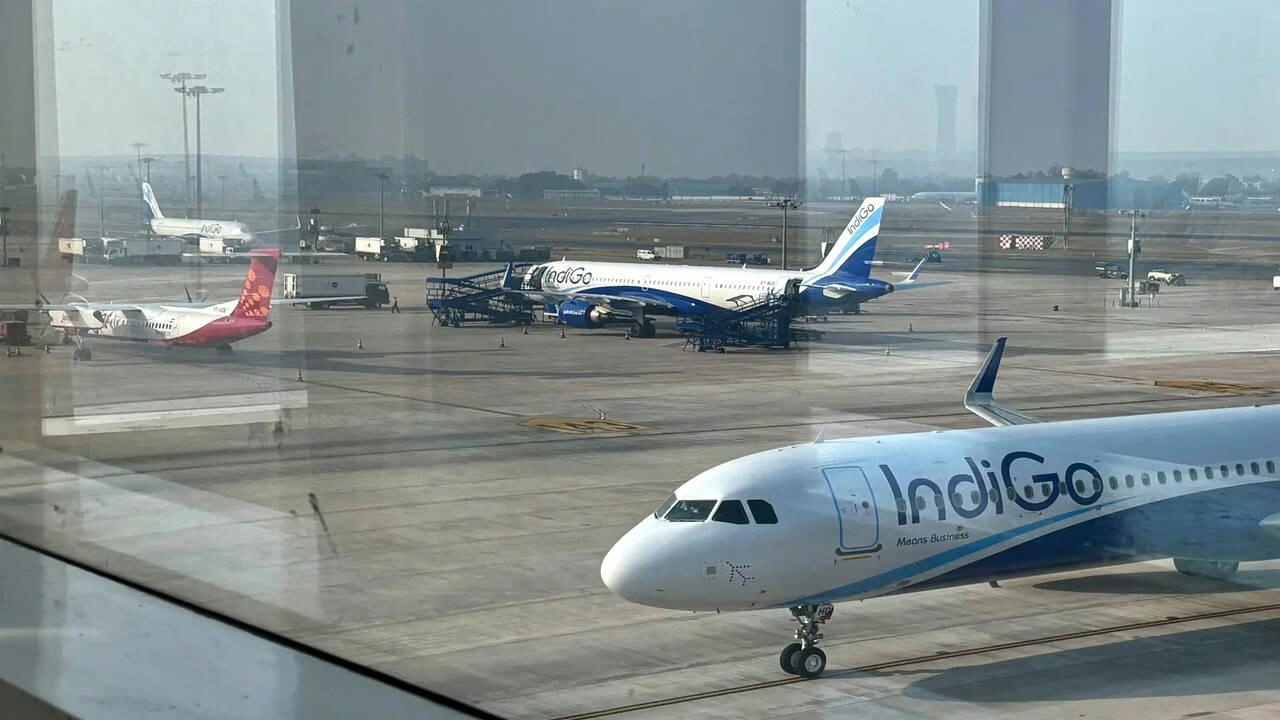
AI and AI Express Plan to Increase Capacity Amid IndiGo Flight Disruptions
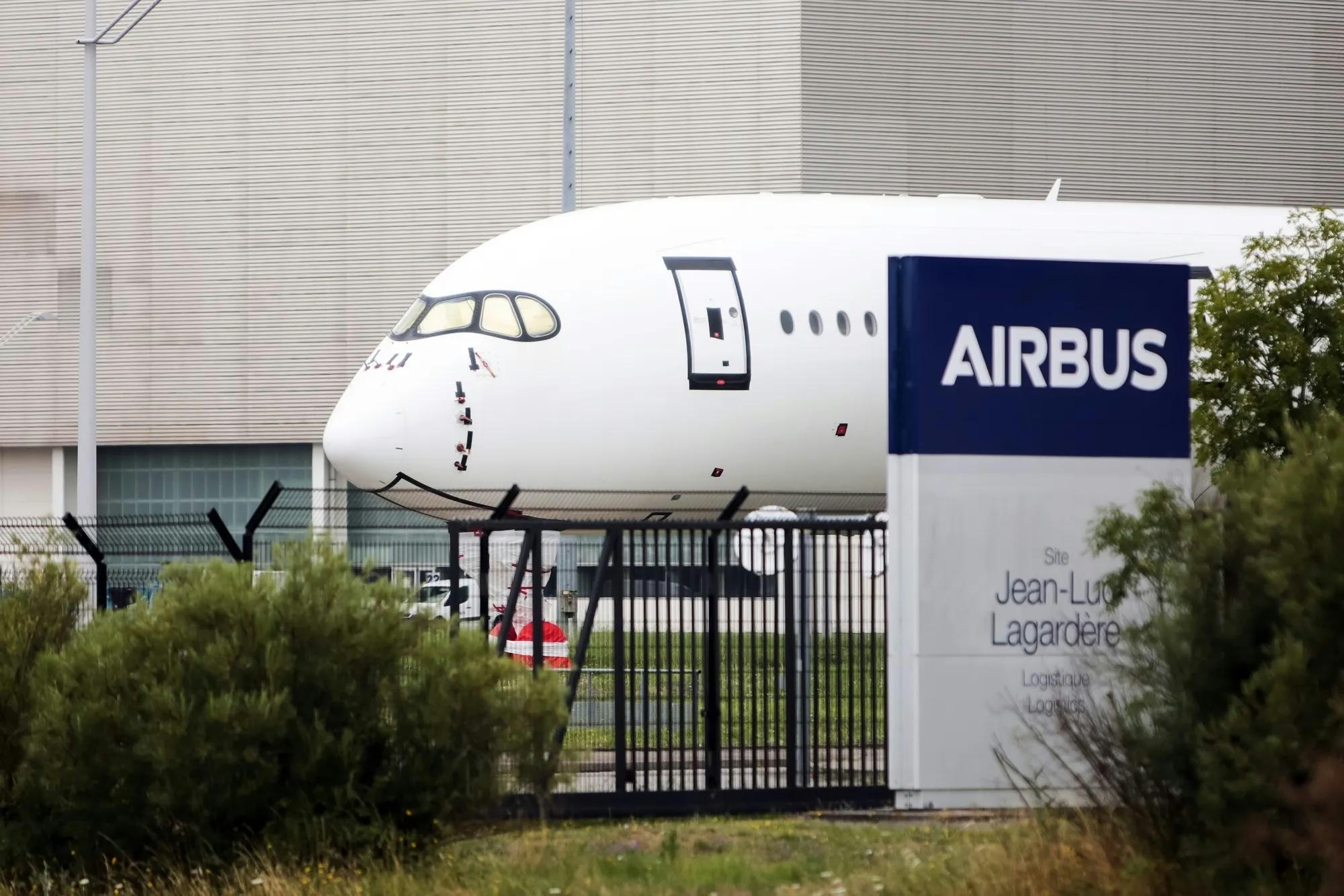
Kazakhstan and France Agree on Airbus Aircraft Deliveries
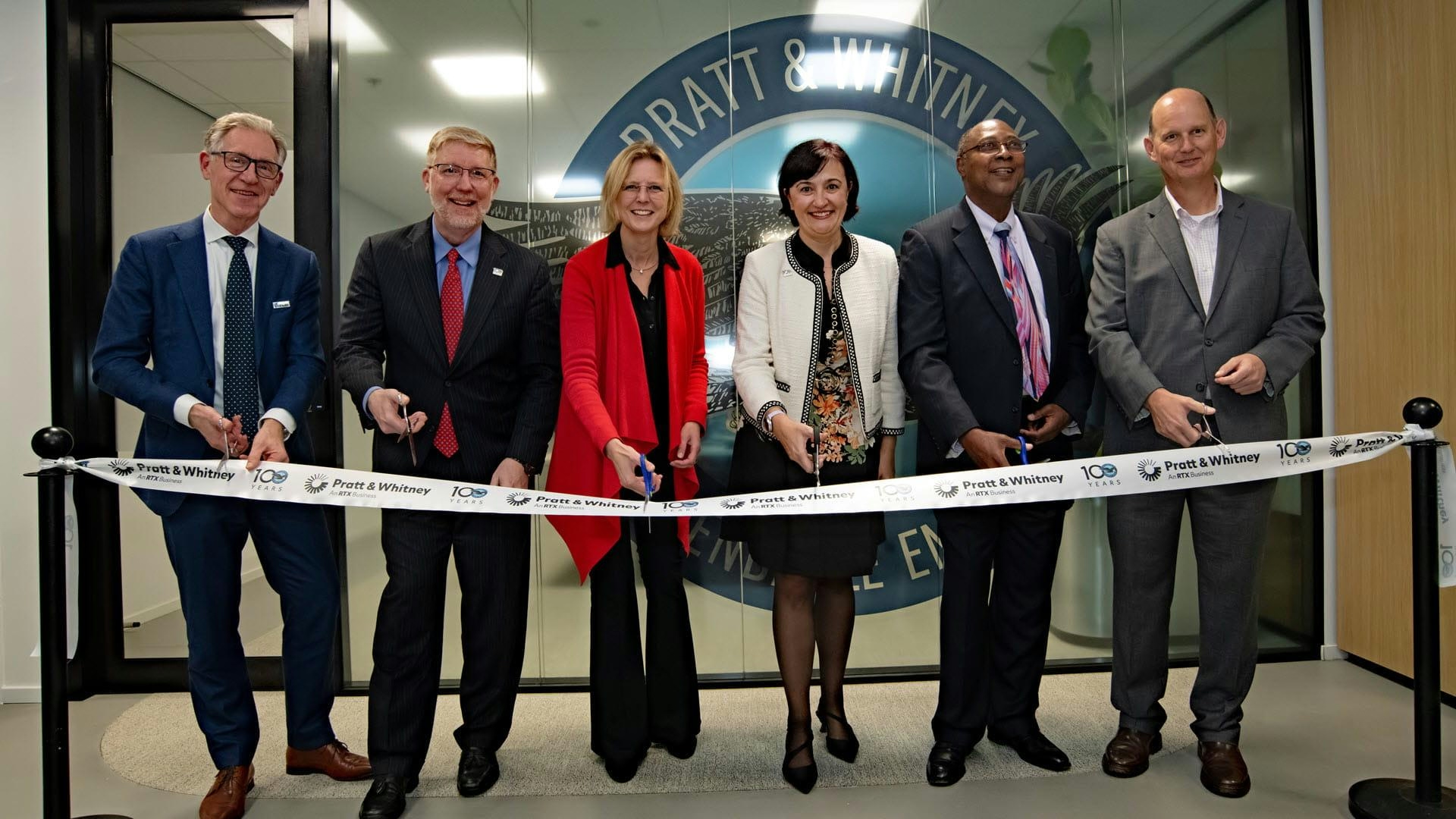
Europe’s Emerging Talent Drives Aviation Innovation
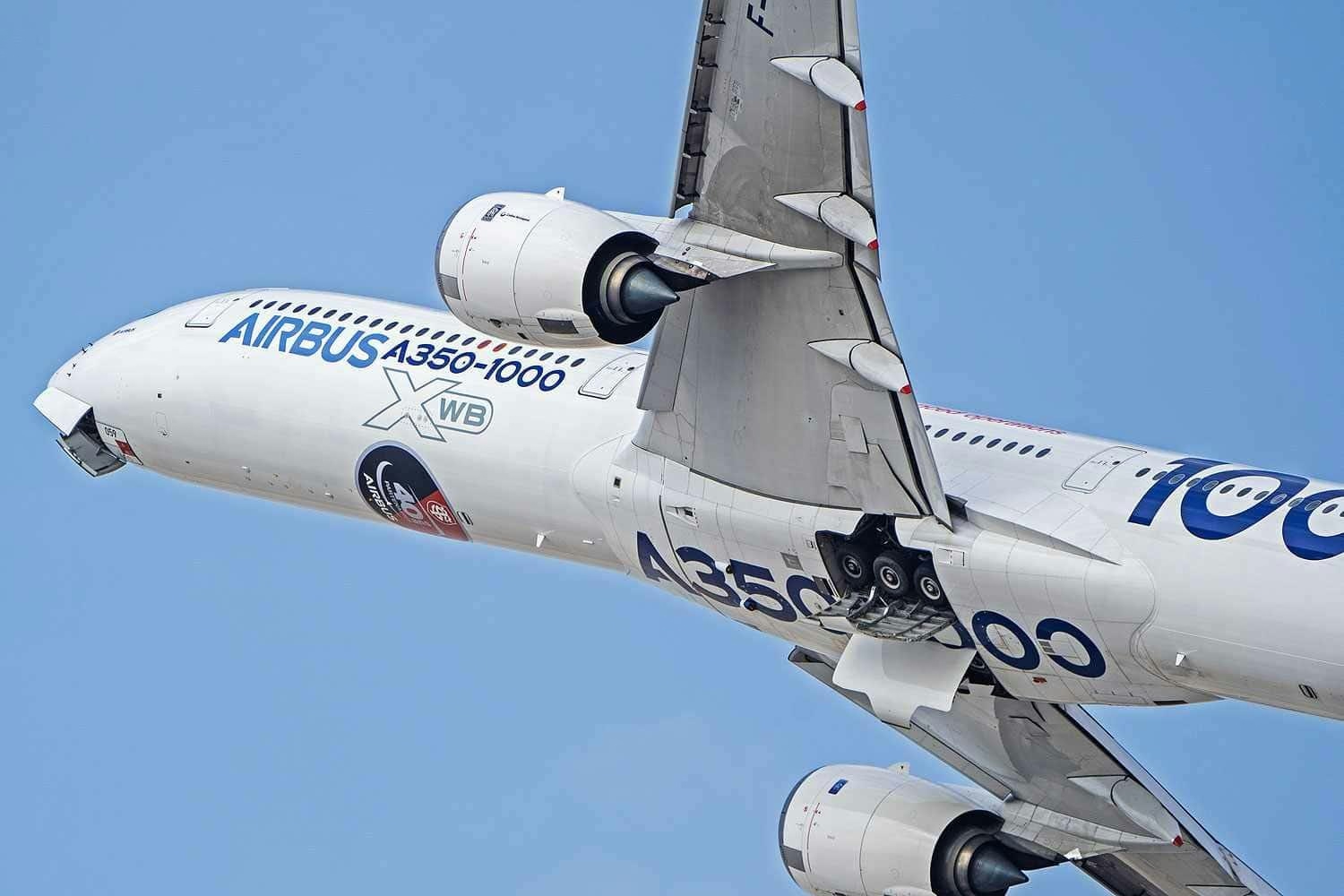
Airbus Receives New Order for A350-1000
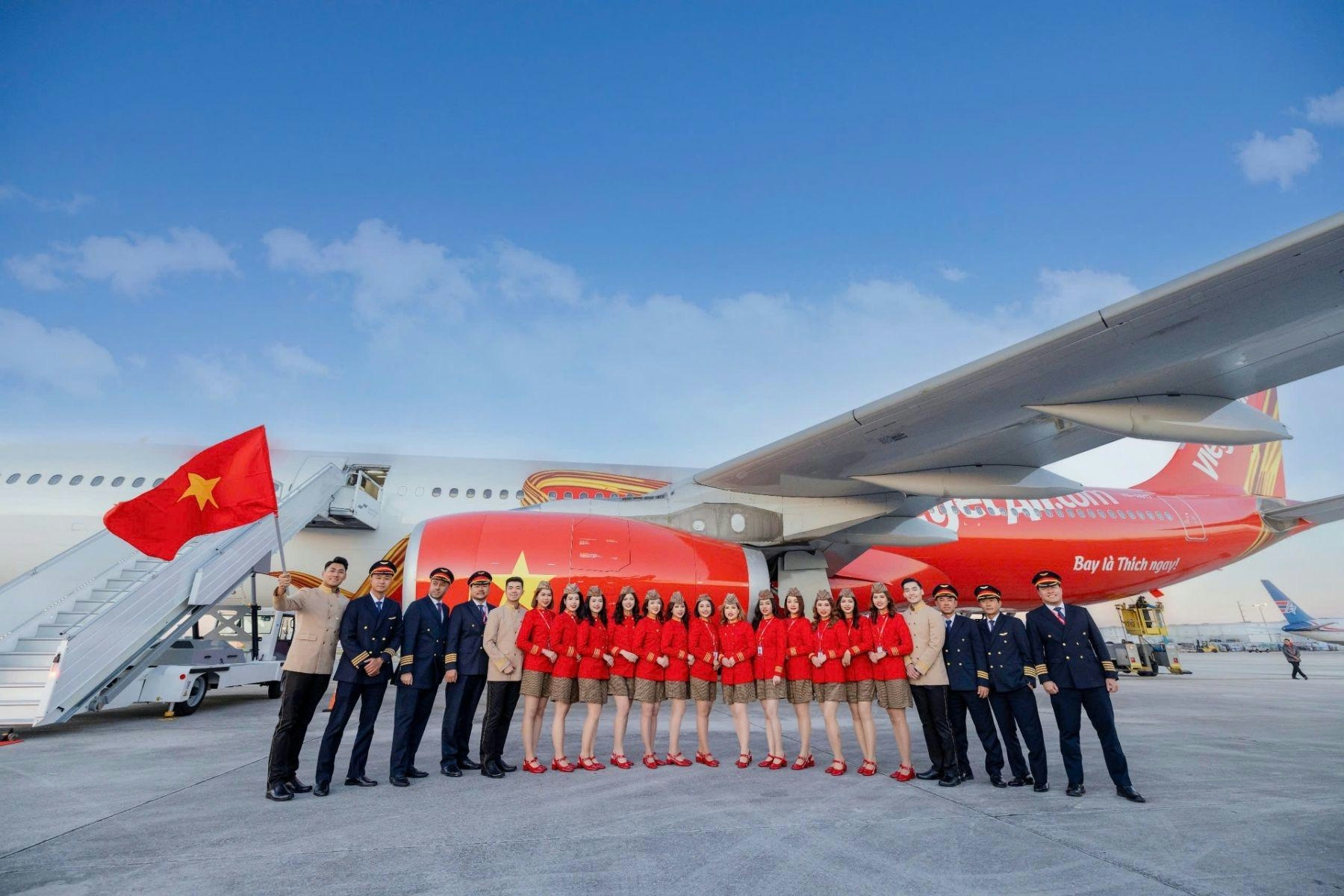
The Leading Widebody Aircraft in Service Today
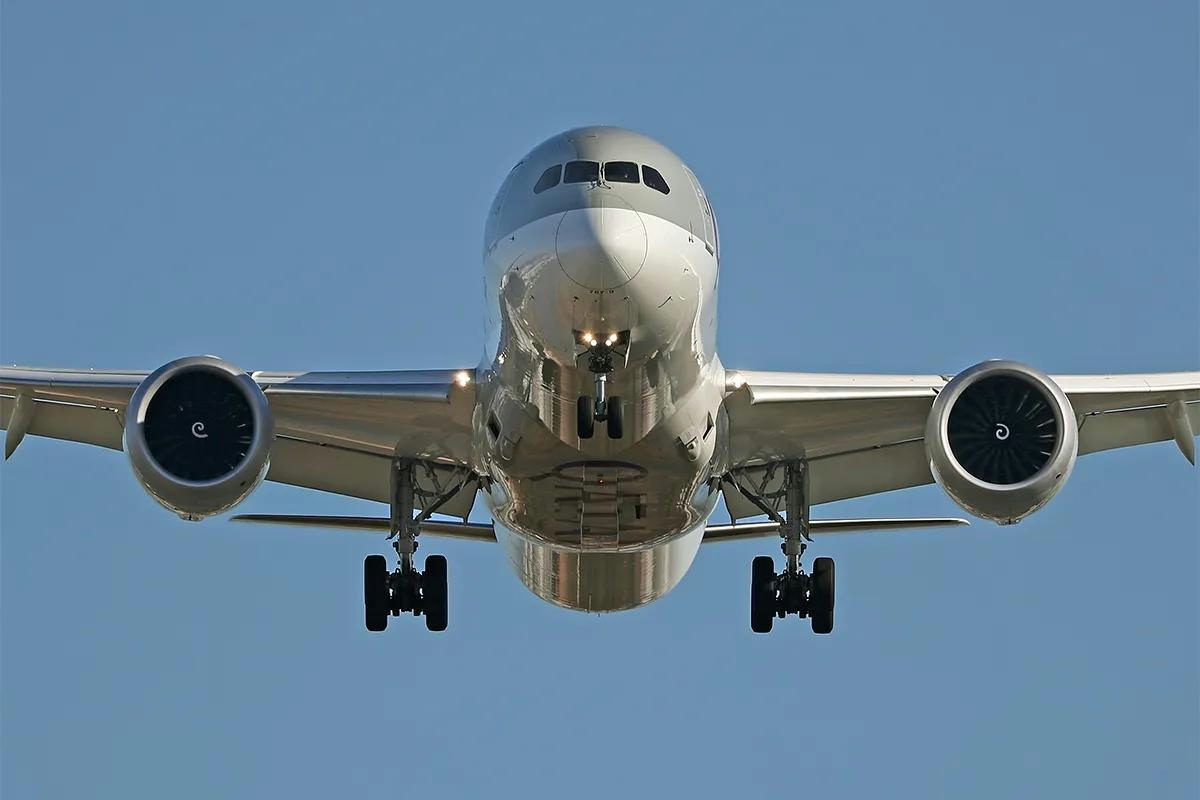
The Fastest Boeing Jet Currently in Service
